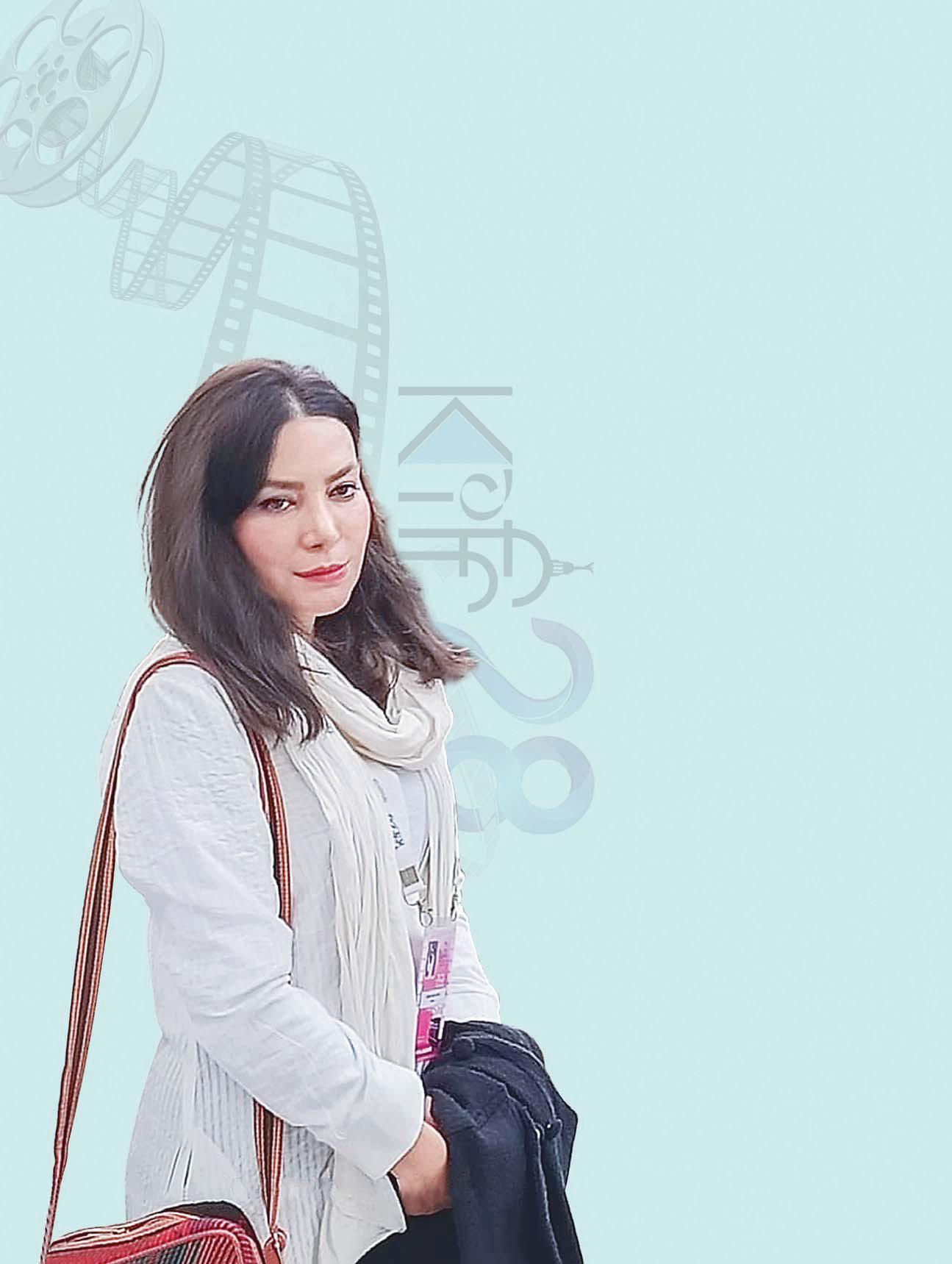
Towards the fag-end of the movie, 'Silent Glory', by Iranian film-maker Nahid Hassanzadeh, which eventually picked up The Royal Bengal Golden Tiger Trophy - Best Jury Award at the 28th KIFF in the 'International Competition: Innovation in Moving Images', the female protagonist Rohan, essayed by Jila Sahi clambers up on a dining table and starts dislodging the hanging tear-drop crystals from the overhead chandelier, as if suddenly overwhelmed by a messiah-complex, to distribute it to the astounded gathered. A 35 year old Rohan, unable to attract suitors, succumbs to marrying Mahi, a veteran village teacher. Mahi, who becomes the supervisor of a bucolic shrine, of whose healing power, he suspects. Rohan, who lives in a small room of that shrine, eventually hosts a lad who has taken refuge in the sanctuary of the fane to be healed. When the boy dies suddenly, Rohan, too, loses all her theological beliefs like Mahi. The fanatic villagers find it increasingly difficult to tolerate the presence of two heathens in the shrine and the village anymore. The film limits this nebulous theological faith of Rohan.
Catching up with Hassanzadeh after the screening we try to comprehend:
Did Rohan confuse faith with miracles?
This story is from the March 2023 edition of Woman's Era.
Start your 7-day Magzter GOLD free trial to access thousands of curated premium stories, and 9,000+ magazines and newspapers.
Already a subscriber ? Sign In
This story is from the March 2023 edition of Woman's Era.
Start your 7-day Magzter GOLD free trial to access thousands of curated premium stories, and 9,000+ magazines and newspapers.
Already a subscriber? Sign In

English Today
A tool for communication, not a mark of status.

ECO-CONSCIOUS Living
Sustainable choices for a brighter tomorrow.

A Serene Escape in Slovenia
The enchantment of Lake Bled.

Pseudo-Liberalism
When actions don't match beliefs. By Shivani

MANIPUR ON FIRE
The women bearing the brunt of ethnic strife.

Father's Love
In a quiet town by the shimmering sea, Lived a father, kind and wise as could be. With hands rough and worn from years of toil, He worked each day, turning earth's rich soil.

Kaka
A Word Across Worlds.

Echoes of a Peepani
A journey through time into my childhood.

Tasting The Future
Food and drink choices of the millennials.

NEED OF THE HOUR
Revolutionary change - is required!